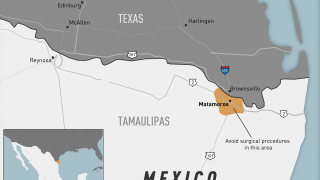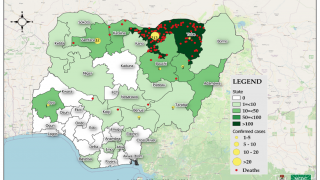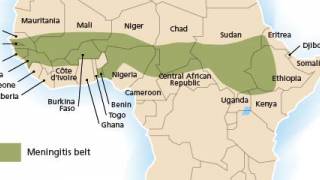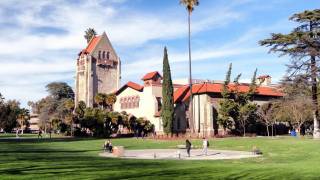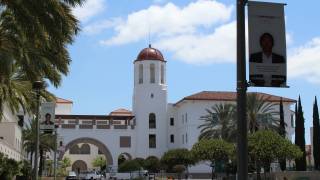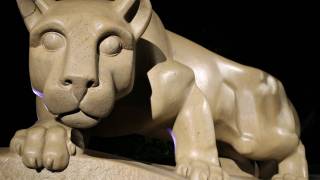Meningococcal Vaccine Elicited Higher Protective Antibody Responses

Researchers have developed a Native Outer Membrane Vesicle (NOMV) vaccine, for meningitis and bloodstream infections caused by "meningococcal group B" bacteria.
"We developed the improved version of the vaccine by making several genetic changes to the strain of bacteria used to produce the vaccine, resulting in a broadly protective vaccine rather than a strain-specific vaccine," said Peter Beernink, Ph.D., Scientist at the Center for Immunobiology and Vaccine Development, Benioff Children's Hospital Oakland.
"The experimental NOMV vaccine extends the approach of using outer membrane vesicle vaccines, which previously have been given to millions of persons during meningitis B epidemics in Norway, Cuba and New Zealand," said Dr. Beernink in a press release.
Both vaccines contain a bacterial protein known as Factor H binding protein (FHbp), which can bind to a host protein known as Factor H (FH).
The researchers immunized infant rhesus monkeys with the NOMV-FHbp vaccine, which induced higher levels of protective serum antibodies than a licensed vaccine against five of six bacterial strains tested.
Two macaques immunized with the licensed vaccine, which contains FHbp that binds macaque FH, developed antibodies to the host FH protein whereas none of the animals given the NOMV-FHbp vaccine or a negative control vaccine developed such antibodies.
Thus, in a relevant infant non-human primate model, the NOMV-FHbp vaccine elicited higher levels of protective antibodies than the licensed vaccine and anti-FH antibodies in fewer animals.
"This shows that the vaccine has the potential to be developed into a more broadly protective vaccine for humans, to extend coverage to infants and toddlers, which are the age groups among the highest risk of developing meningococcal disease, and to increase vaccine safety," said Dr. Beernink.
This is good news because the approved vaccines are licensed for people age 10 years and older.
Furthermore, these licensed vaccines lack some effectiveness against some bacterial strains and low immune responses of infant humans.
Meningococcal disease refers to any illness caused by bacteria called Neisseria meningitidis, also known as meningococcus. These illnesses are often severe and can be deadly.
They include infections of the lining of the brain and spinal cord (meningitis) and bloodstream infections (bacteremia or septicemia).
These bacteria spread through the exchange of respiratory and throat secretions like spit.
Doctors treat meningococcal disease with antibiotics, but quick medical attention is extremely important. Keeping up to date with recommended vaccines is the best defense against meningococcal disease.
The work was performed by Peter Beernink, Dan Granoff and colleagues at UCSF Benioff Children's Hospital Oakland (California). The work was funded by a research grant from the National Institute of Allergy and Infectious Diseases, National Institutes of Health.
Our Trust Standards: Medical Advisory Committee
- A Meningococcal Outer Membrane Vesicle Vaccine with Overexpressed Mutant FHbp Elicits Higher Protective Antibody Responses
- An improved vaccine for bacterial meningitis and bloodstream infections
- A Meningococcal NOMV-FHbp Vaccine for Africa Elicits Broader Serum Bactericidal Antibody Responses Against Serogroup B and non-B
- Meningococcal Disease


